The Research Center for Islamic Legislation and Ethics (CILE) is delighted to announce the availability of an opportunity for a Postdoctoral Fellowship in AI and Islamic Ethics, funded by the QRDI Fellowship for Displaced Arab Researchers (DAR). This fellowship provides a significant opportunity for scholars from Palestine, Sudan, Syria, and Yemen, whose academic careers have been disrupted due to conflict, to engage in innovative research in Qatar.
Fellowship Overview:
The QRDI Fellowship for Displaced Arab Researchers (DAR) is a distinguished program aimed at empowering scholars affected by conflict to continue their research endeavors. In collaboration with leading universities in Qatar, this fellowship seeks to advance the field of AI and ethics, with a specific focus on the integration of Islamic ethical principles.
Eligibility Criteria:
- Academic Qualifications: Applicants must hold a Ph.D. or an equivalent terminal degree as defined in the “Document Library.”
- Nationality Requirements: Applicants must possess a valid passport or travel document from Palestine, Sudan, Syria, or Yemen.
- Nomination Restrictions: Applicants can only be nominated once per fellowship cycle.
Fellowship Benefits and Funding Details:
- Annual Stipend: QAR 240,000 to support the fellow’s research.
- Travel Allowance: Up to QAR 10,000 covering two one-way travel tickets—one for joining and one for repatriation upon completion of the project.
- Additional Support: The host institution will cover expenses such as housing, health insurance, and research consumables.
Research Focus:
Candidates are expected to have a demonstrated expertise in AI and ethics, particularly within Islamic ethical frameworks. Fellows will be required to submit a detailed research proposal, following the template available on the QRDI website, that addresses key ethical questions and challenges in AI from an Islamic perspective, including, but not limited to, the following topics:
- How insights from one more of the Islamic scholarly disciplines (e.g., theology, philosophy, fiqh, and adab) can help develop Islamic approaches to the ethical questions and challenges triggered by AI technologies.
- Impact of AI on key ethical concepts: privacy, fairness, social justice, transparency, autonomy, and religious accountability from an Islamic ethical viewpoint.
- The interplay of bioethics and AI-enabled health care.
- The role of AI in preserving and interpreting Islamic scholarly legacy and cultural heritage.
Application Process:
Interested applicants must submit their curriculum vitae (CV) and a research proposal by 30 October 2024 to info@cilecenter.org. For more information, including detailed requirements and research plan templates, please visit the QRDI Portal.
Contact Information:
If you have any questions please write to us: info@cilecenter.org.
